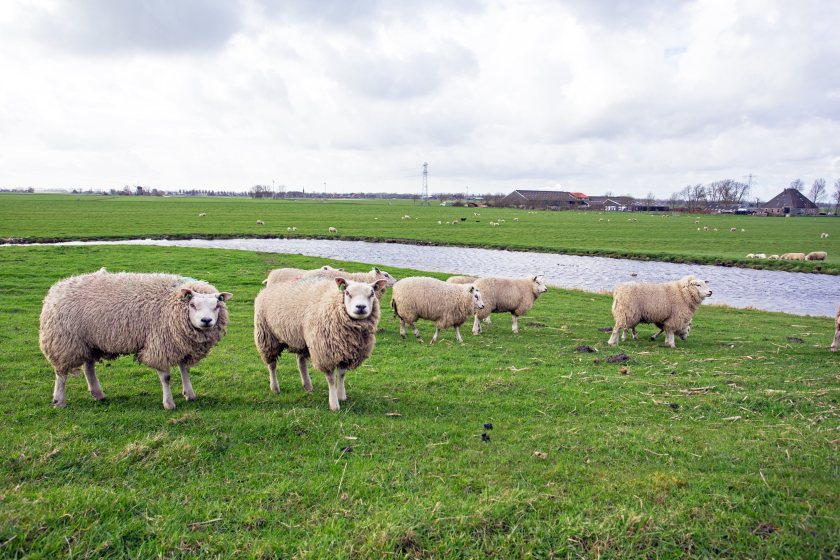
A new variant of bluetongue virus - 'BTV-12' - has been identified in sheep in the Netherlands, researchers have confirmed.
The European Bluetongue Reference Laboratory in Madrid confirmed that the animal in question, from a farm in Kockengen near Utrecht, was infected with BTV-12.
Genetically, the two bluetongue variants BTV-3 and BTV-13 - the former of which is currently circulating in England - are unrelated.
Following the news, additional research was commissioned in eight animals in the immediate vicinity of the Kockengen farm.
One of these animals, a cow, also proved positive for BTV-12. This sample has also been sent to the European Reference Laboratory for confirmation.
The Dutch Ministry of Agriculture has ordered that all bluetongue-positive samples submitted for testing since 1 September to be analysed again and checked for the presence of BTV-12.
Melle Holwerda, virologist and head of the National Reference Laboratory, said it was currently impossible to confirm the origin of the new variant.
He said: "Nor do we know where BTV-12 occurs other than the two positive cases we have identified thus far."
Results of ongoing analysis are expected during the coming week.
It comes after the UK government recently expanded the bluetongue restricted zone in England to cover 19 counties, as over 140 farms have recorded a case of the disease.
Two cases of BTV-3 have also been confirmed in Wales in animals imported from England. Wales currently has no restricted or control zones.
It follows confirmation of the disease in a single sheep on a farm in Norfolk in late August, which made it the first UK bluetongue case this summer.
Before this, in November 2023, government vets identified the first case of the disease in Britain since 2007.
The worsening situation follows the government's decision to permit the use of three bluetongue vaccines to curb infections.
The vaccines are suppressive, meaning they will reduce some of the clinical signs experienced by animals with the disease, but they do not prevent infection.
Bluetongue does not affect people or food safety, but outbreaks can result in prolonged animal movement and trade restrictions.
BTV is a notifiable disease. Suspicion of it in animals in England must be reported to the Animal and Plant Health Agency on 03000 200 301.
